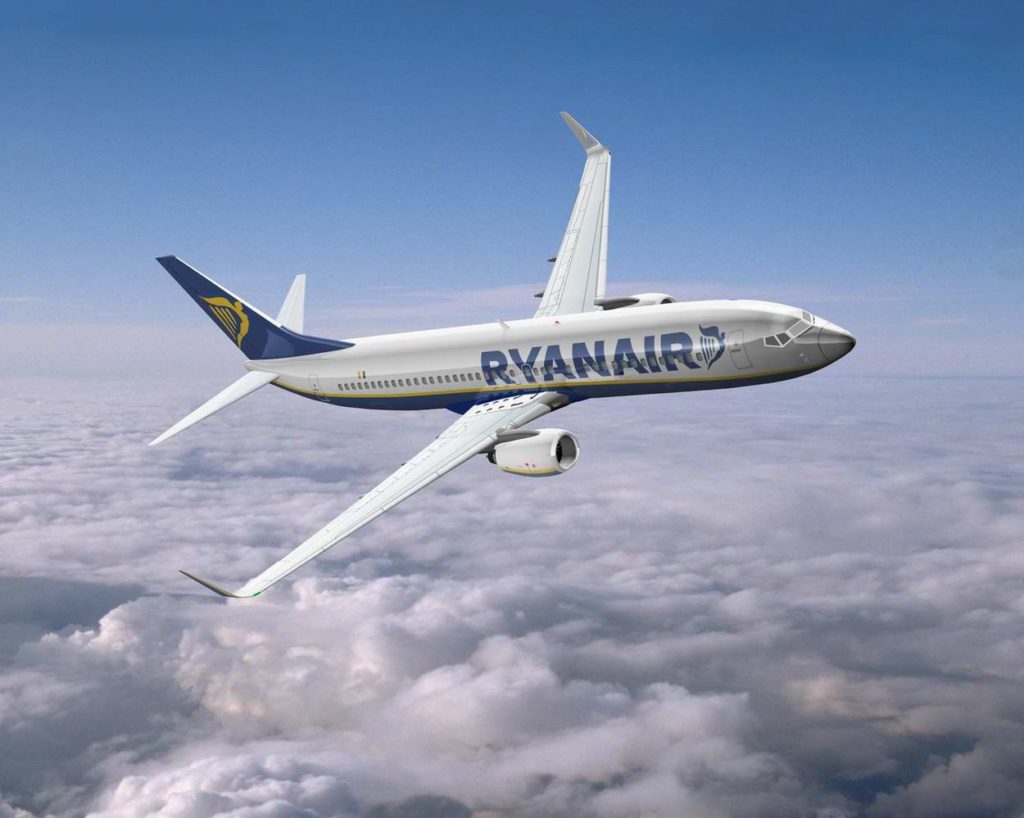Eco-Flying: Is flying worth the cost?
Today, ideas about environmentalism are nothing ground-breaking or unheard of. They’ve been adopted into our mind-set of political and social consciousness to the point that every other advert appeals to our sensibility of ‘green living’. While many of us will prescribe to a vague environmental principle, we still aren’t questioning the most environmentally harmful decision we make: flying.
Aviation is a growing industry and according to governmental advisers, the Committee on Climate Change, the fastest growing source of CO2 emissions in the country. Both current projects and plans for airport expansion across the UK are a very real threat to aims to meet reduced carbon targets by 2050. Pitched as an economic solution, BAA’s recent advertising campaign claimed that ‘The road to economic recovery isn’t a road, it’s a flightpath’. Thus, airport expansion appears to be favoured and financially backed by policy makers: Boris Johnson’s proposal to develop an airport on the Thames Estuary is estimated to cost £50 billion and plans to accommodate 150 million passengers per year. While this may be one of the most far-fetched proposals on the table, the list of UK airports undergoing and potentially embarking on expansion is lengthy.
Short-haul flying (anything under three hours) bears the weight of responsibility for much of the increase in demand. Virgin have announced their new domestic flights from London to Manchester to be the first of many routes, keeping up competition with BA. The majority of fuel is burnt during take-offs and landings, meaning that short haul flights are even more disproportionate in terms of fuel to distance and more ridiculous compared to emission levels of travel alternatives. Domestic flying is ten times as carbon intensive as train use before we even consider the difference in altitude.


